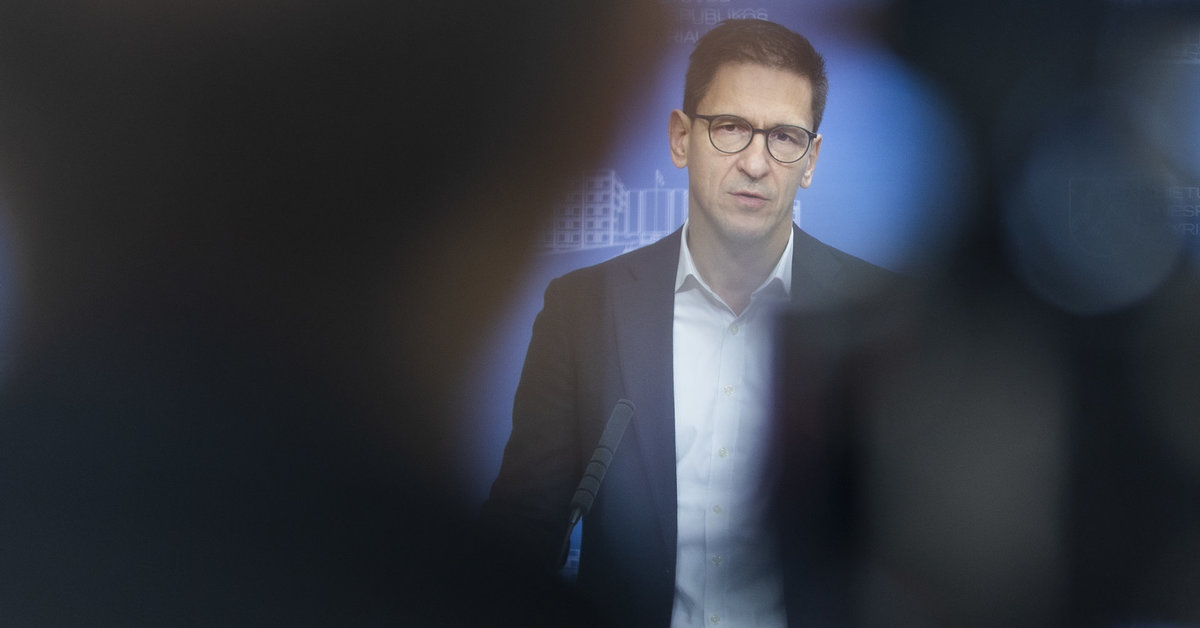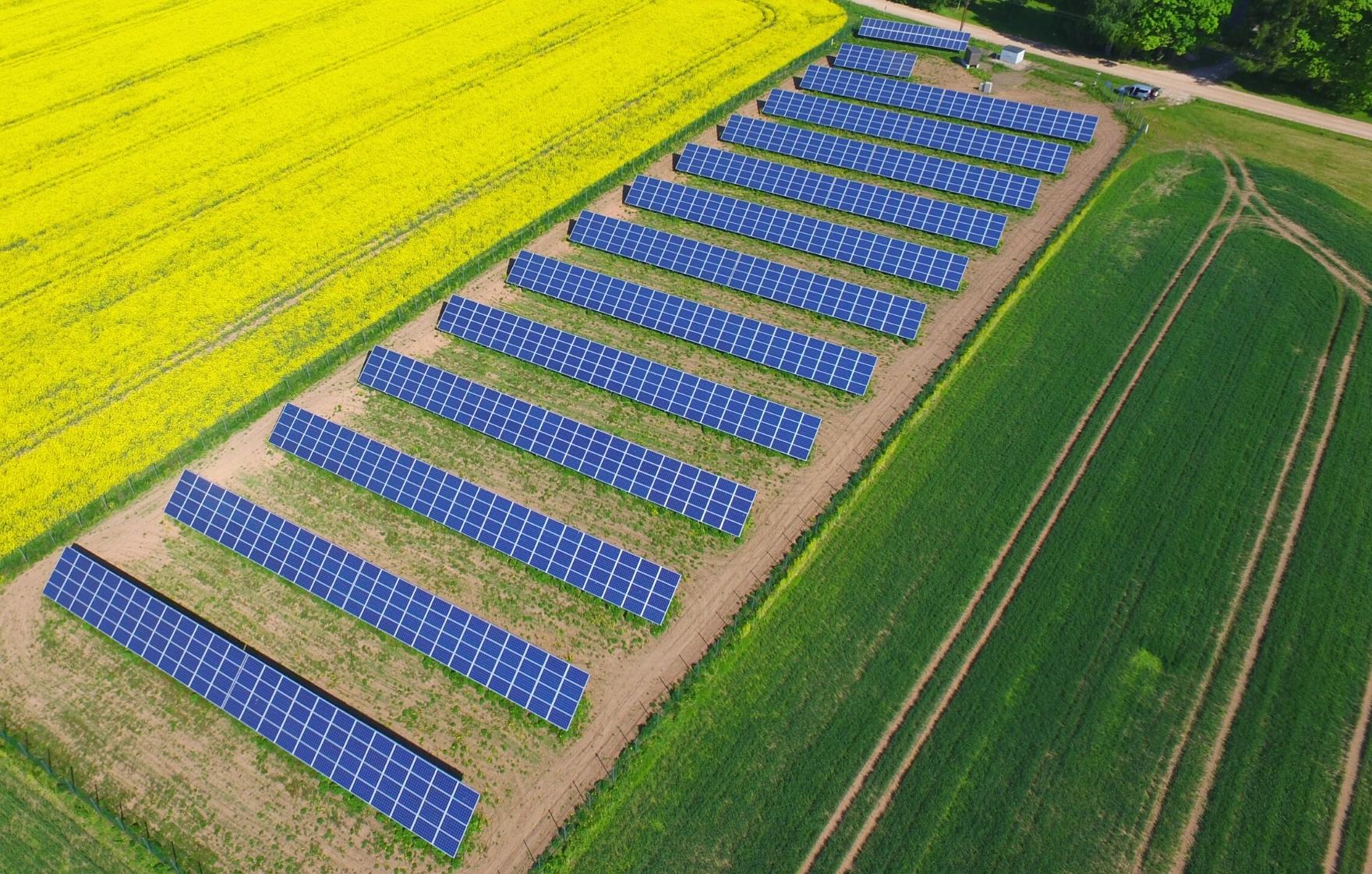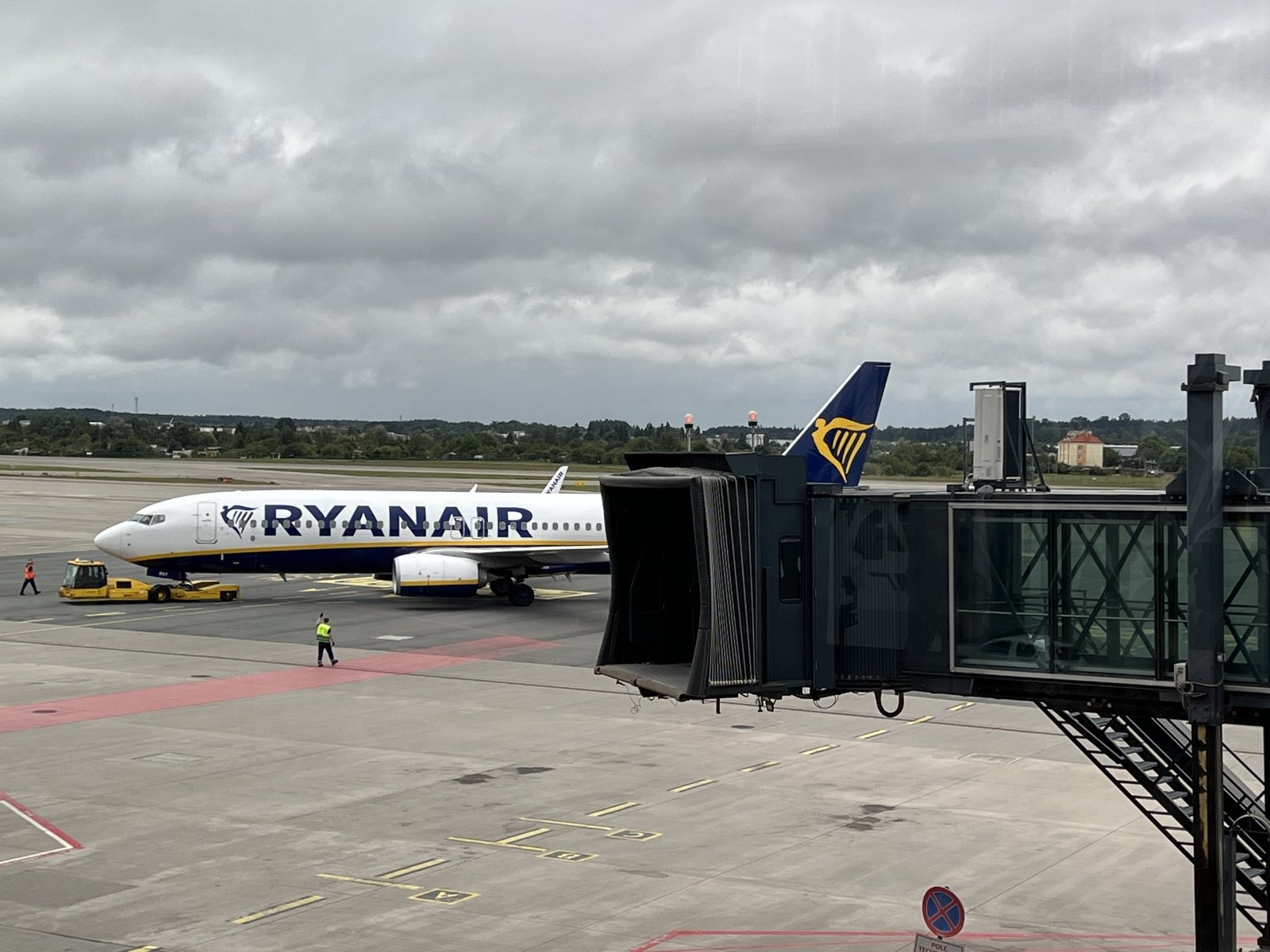Lithuania can have an energy island in the Baltic Sea, says the Minister of Energy
According to him, a study and modeling of the country’s energy transformation is currently being carried out as a parody of such an island, which is planned to be implemented by private investors.
“The Danes are developing it, the Belgians are developing it in the North Sea, we also have very similar plans. Šiauliai’s day study is being done, a British company is doing a study of our energy transformation. Then, one of its most acceptable scenarios will be checked with the American laboratory NREL (US National Renewable Energy Laboratory – BNS), the modeling will be carried out,” said D. Kreivys on Monday to the TV3 show “Dēmesio centre”.
“We believe that an island will appear in the Baltic Sea, on our shelf. Why is it necessary? Because we can transmit electricity to the shore via cables from only two (offshore wind – BNS) parks, and we can build six and probably more,” he added.
According to D. Kreivius, in 2030-2040, four more offshore wind farms may appear in the territorial waters of Lithuania.
“We will have two parks by 2030. Between 2030 and 2040, we will have four more parks,” said the minister.
According to him, in 2030, Lithuania will consume 19 terawatt hours (TWh) of electricity per year, in 2040 – 40 TWh, and in 2050 – 60 TWh.
According to Litgrid data, 12 TWh of electricity was consumed in Lithuania in 2021 – the most since 1991, when this indicator reached 14.4 TWh.
According to D. Kreivis, the demand for electricity in Lithuania will increase by decarbonizing the industry and the transport sector, and, according to him, the country’s industry will need a large amount of hydrogen.
“Our position is unique because the healthy industry that needs a lot of hydrogen is Achema first (…) Decarbonizing the transport sector, decarbonizing the industrial sector, our electricity consumption, everything becomes electricity. And hydrogen is produced from electricity, ammonia is produced from hydrogen, fertilizers are produced from ammonia. “Orlen” (Orlen Lietuva – BNS) will need hydrogen for synthetic fuel, a huge amount of hydrogen,” said the minister.
“Therefore, the island is inevitable, we need it, and if we are the first in the region, we will be able to accumulate all flows from the entire region and produce hydrogen.” When we need it, we supply it to our companies, when the price is good, we supply it to Germany,” he added.
Decarbonization is the process of reducing the amount of carbon dioxide (CO2) emitted into the atmosphere due to human activity.
According to D. Kreivis, private investors would be responsible for the development of the energy island project – the state would only take care of its infrastructure.
“I want to say that the island project is not a state project. The island itself, as an infrastructure, would be entrusted to develop the Epso-G group as soon as possible,” said the minister.
“This would be a national project in which all players in our market could participate, plus foreign investors”, he said.
Last November, the Lithuanian Energy Agency and the US National Renewable Energy Laboratory signed an agreement on the preparation of a study on the transformation of the Lithuanian energy sector. The third National Energy Independence Strategy after 2030 will be prepared on its basis. Approval is expected in early 2024.




